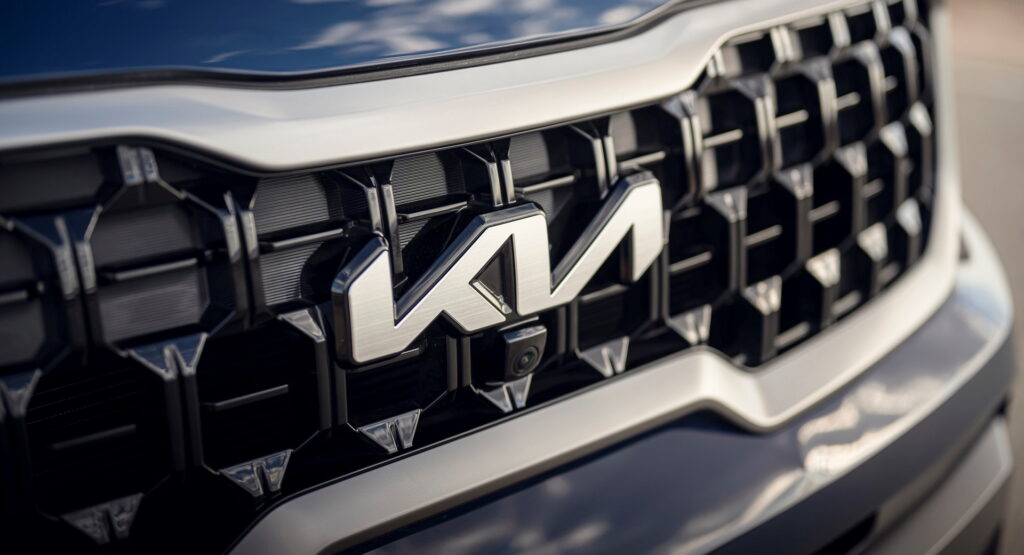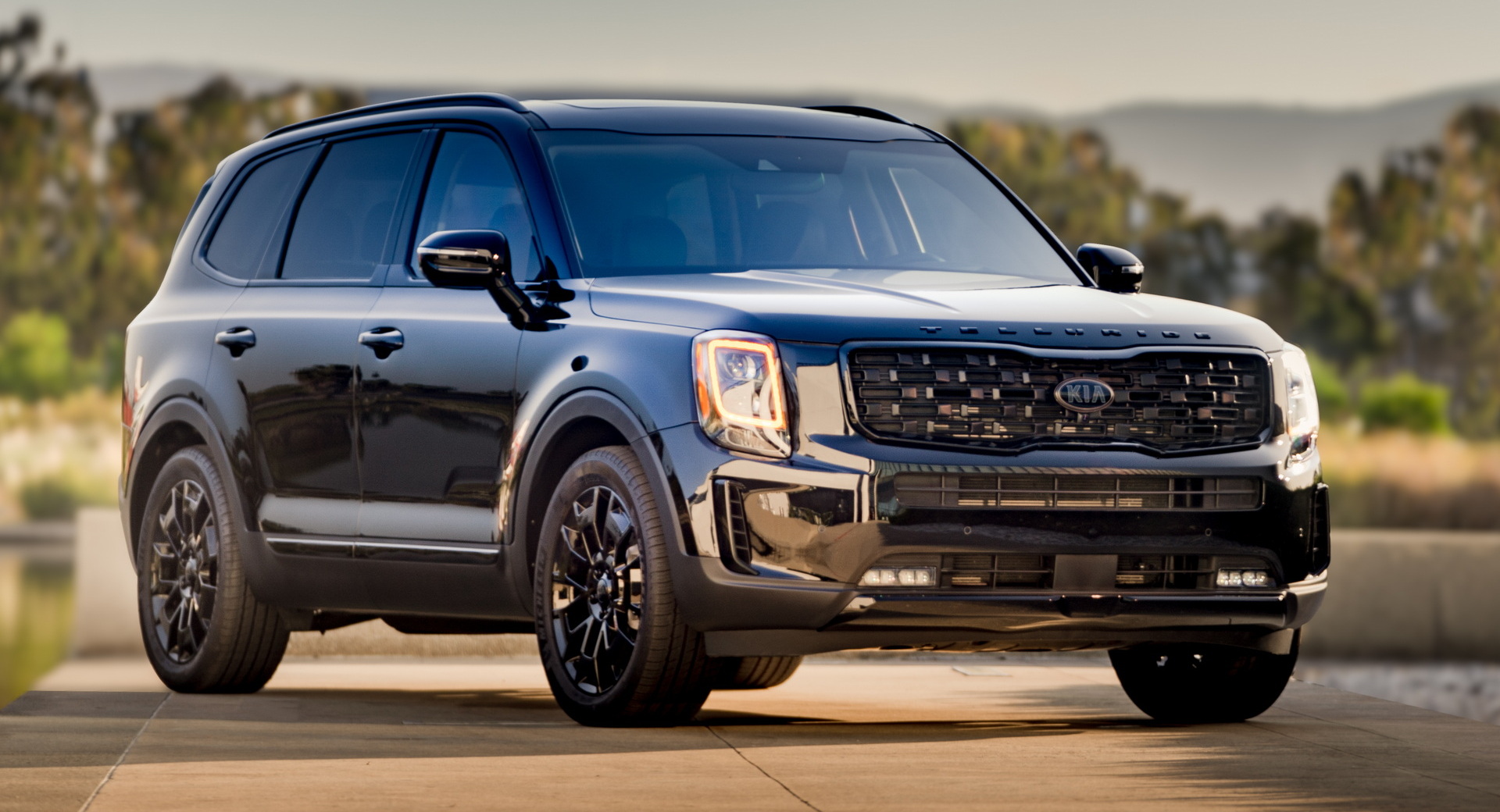Randy Lowry says he was disappointed, to put it mildly, when a Kia dealership in Edmonton, Alberta, Canada, asked him to pay a $2,400 CAD ($1,793 USD at current exchange rates) charge on top of the price of the new Kia Telluride he was looking to buy.
That added fee came four months after he had agreed to buy the SUV, and had waited patiently for his car to come in. Lowry says, though, that the sales manager at the dealership told him that, in that time, prices had gone up, meaning he would have to pay more, according to the CBC.
That decision was reached despite Lowry having put down a $1,000 deposit on the Telluride and signed a “worksheet agreement,” which laid out the make, model, color, and specification of the SUV, as well as a list price of $46,997 CAD ($35,114 USD).
According to the dealer, though, the agreement is not a contract, and is, therefore, not binding. Lowry complained to Kia Canada and the Alberta Motor Vehicle Industry Council (AMVIC), but both had more or less the same answer: there’s nothing that can be done.
The AMVIC, the regulator in charge of dealerships in the province, said it had no legislative authority to compel a business to take any particular action, not even if it had broken the Consumer Protection Act. Kia Canada, meanwhile, said that dealers set their own prices.
At least one law firm agreed with Lowry that the paperwork he had signed amounted to a binding contract. With the possible cost and the length of time that a lawsuit might take, though, he ultimately decided to simply let it go, and walked away from the sale completely.
Unfortunately, Lowry’s case is not unusual in Canada right now. As a result of the production shortages related to the COVID-19 pandemic, it’s a seller’s market, according to Shari Prymak, a senior consultant at Car Help Canada, a non-profit that helps customers negotiate vehicle purchases.
“For every 30 cars [dealerships] have coming in, they have 100 customers that want the car,” he told the CBC, but said that the non-profit has received similar complaints across the country and agreed that fees like these reflect poorly on dealers.
“I think it’s unethical to add a markup like that to a car in order to take advantage of a desperate buyer,” he said. “I don’t know what else you can call that other than extortion.”
Lowry, meanwhile, is now worried about whether his 17-year-old Kia will make it through Edmonton’s harsh winter. He says, though, that he won’t be car shopping any time soon, if this is what he has to look forward to.
“It’s so disheartening,” he said. “Literally such a bummer that I just don’t want to even bother.”






